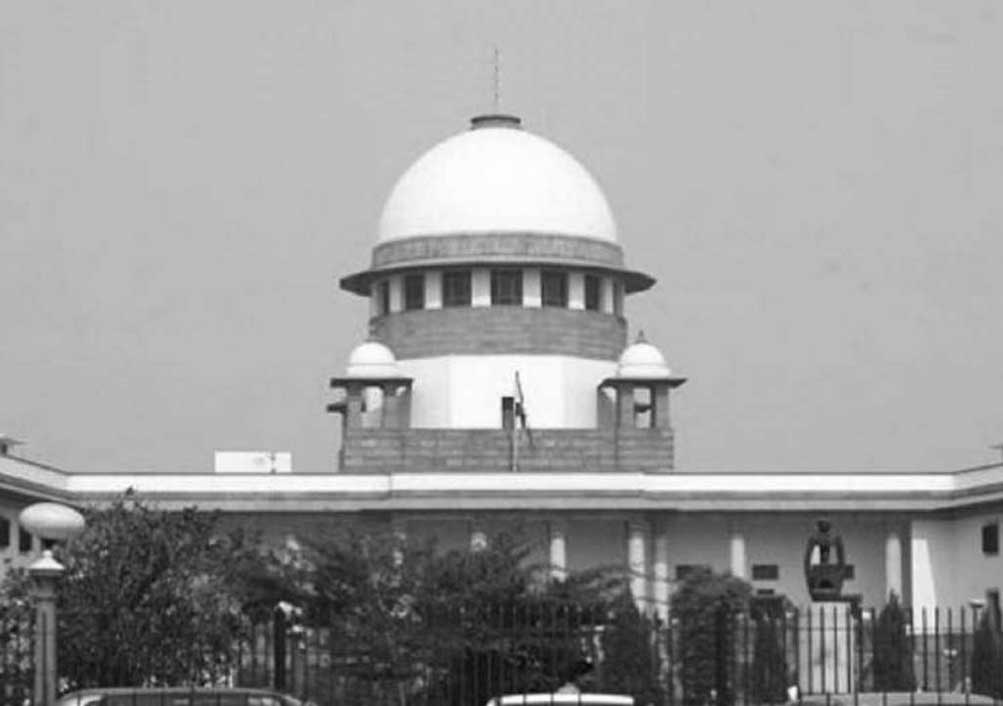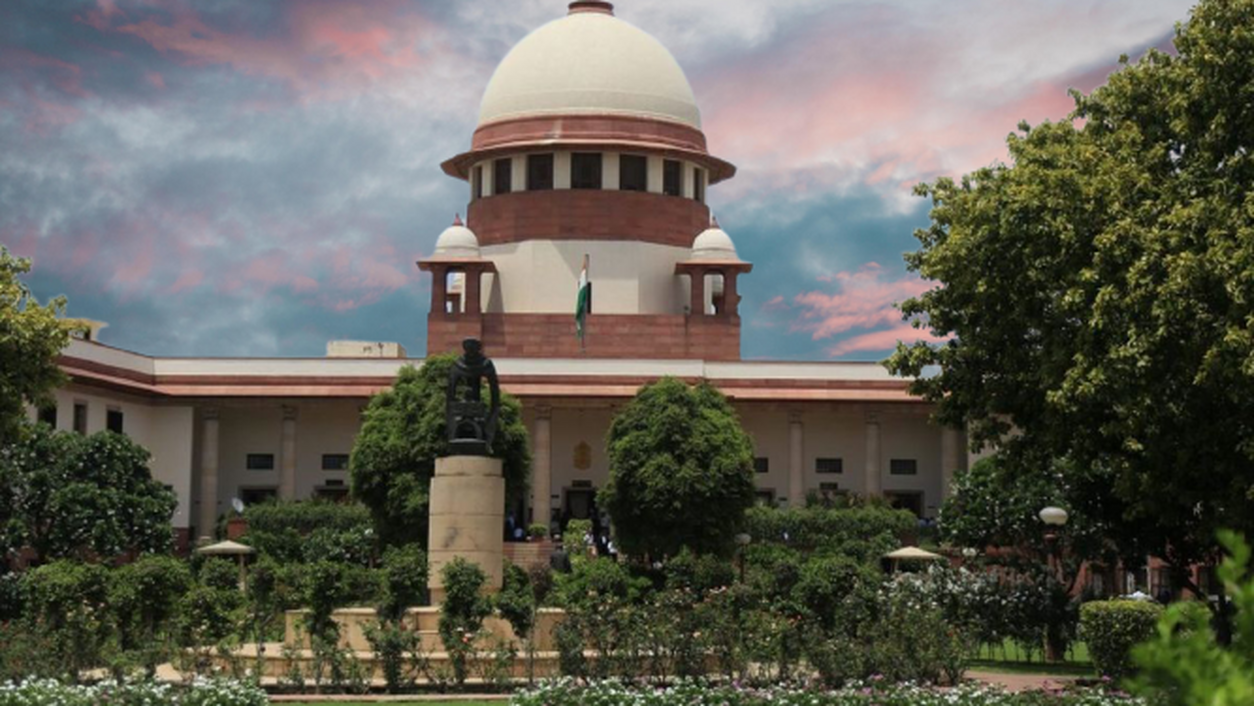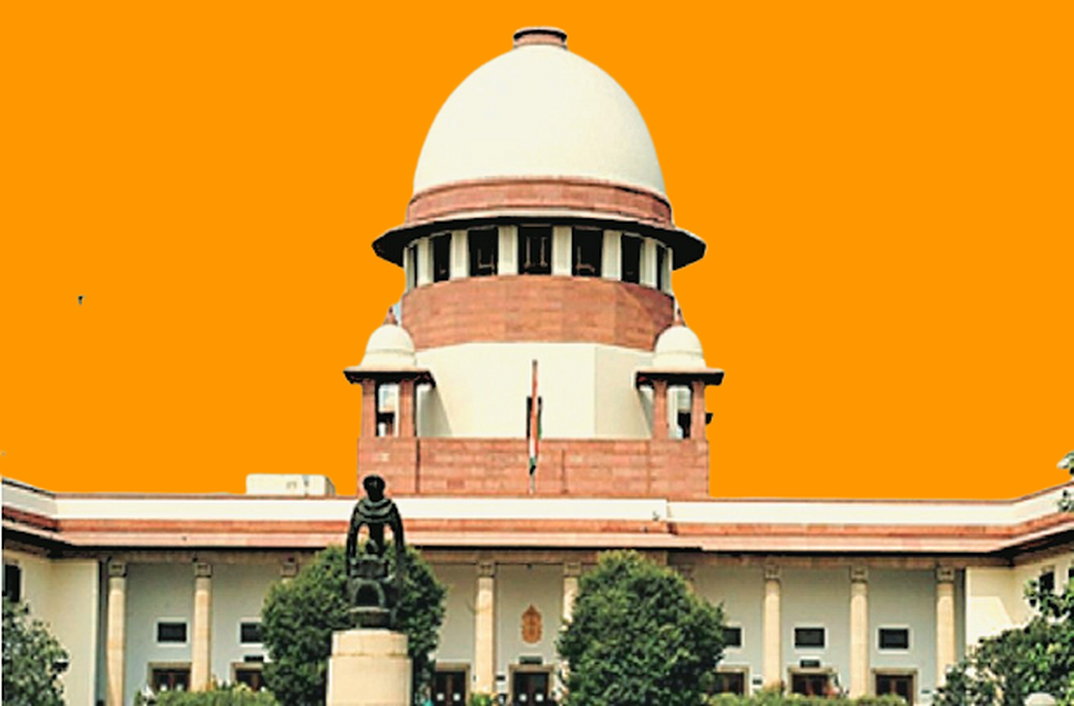Period of 3 months provided for completion of preliminary assessment u/s 14(3) of Juvenile Justice Act is not mandatory but directory; Words ‘Children's Court’ and ‘Court of Sessions’ in 2015 Act and 2016 Rules have to be read interchangeably, says Apex Court
Justices C.T. Ravikumar & Rajesh Bindal [07-04-2024]

Read Order: CHILD IN CONFLICT WITH LAW THROUGH HIS MOTHER v. THE STATE OF KARNATAKA AND ANOTHER [SC-CRIMINAL APPEAL NO. 2411 OF 2024]
Tulip Kanth
New Delhi, May 9, 2024: The Supreme Court has clarified that the provision of Section 14(3) of the Juvenile Justice (Care and Protection of Children) Act, 2015 providing for the period of three months for completion of a preliminary assessment under Section 15 is not mandatory but directory. The Top Court has also directed that in all the orders passed by the Courts, Tribunals, Boards and the Quasi-Judicial Authorities, the names of the Presiding Officer and/or the Members shall be mentioned.
The FIR, in this case, was registered against the Child in Conflict with Law (CCL) for commission of offences under sections 376(i), 342 IPC and sections 4, 5, 6, 7 and 8 of Protection of Children from Sexual Offences Act, 2012. After his apprehension, the CCL was produced before the Board and released on bail. After completion of investigation, chargesheet was filed. The Board was called upon to decide the issue as to whether the CCL was to be tried by the Board or as an adult by the Childrens Court.
The Principal Magistrate of the Board held that the CCL was to be tried as an adult by the Children’s Court. The record was directed to be transferred to the Court concerned. However, the matter was apparently heard afresh by two Members of the Board without there being the Principal Magistrate. Order was passed that as per the preliminary assessment report and the social investigation report, the enquiry regarding the alleged offence committed by the CCL had to be conducted by the Board as a juvenile.
An application under Section 19 of the Juvenile Justice (Care and Protection of Children) Act, 2015 was filed by the complainant/mother of the victim before the Board for termination of proceedings and transferring the matter to the Children's Court, to which objections were filed by the CCL. The Board dismissed the application. Impugning the aforesaid order, revision petition was filed by the Complainant before the High Court, which was allowed. The impugned order passed by the Board was set aside. The Board was directed to transmit the record to the Children's Court for trial. This order was challenged before the Apex Court by the CCL.
At the outset, the Division Bench of Justice C.T. Ravikumar & Justice Rajesh Bindal clarified that as far as inquiry of CCL, as envisaged under Section 14(1) of the Act, by the Board for heinous offences is concerned, there is no deadline after which either the inquiry cannot be proceeded further or has to be terminated. It was also opined that the time provided in Section 14(2) to conduct inquiry is not mandatory but directory. The time provided in Section 14(3) can be extended by the Chief Judicial Magistrate or the Chief Metropolitan Magistrate, as the case may be, for the reasons to be recorded in writing.
One of the arguments raised by the appellant was that there was remedy of appeal available with the complainant against the order vide which two members of the Board had directed inquiry into the offence allegedly committed by CCL by the Board. On this issue, the Bench observed that even though such a remedy may be available to the complainant which should normally be availed, but there was an earlier order passed by the Principal Magistrate which was final regarding conduct of trial of the CCL by the Children’s Court, still subsequently two members of the Board without the Principal Magistrate being there passed an order directing inquiry into the offence by the Board. As per the Bench, this subsequent order was totally non-est. Even if the aforesaid order was not challenged by availing the remedy of appeal, it was opined that the revision under Section 102 of the Act was not maintainable.
Another issue before the Bench was anomaly in Section 101 of the Juvenile Justice (Care and Protection of Children) Act, 2015. regarding the terms used as Children's Court and Court of Sessions. From a conjoint reading of the aforesaid provisions of the Act and the 2016 Rules, the Bench observed that wherever words Children's Court or the Sessions Court are mentioned both should be read in alternative. In the sense where Childrens Court is available, even if the appeal is said to be maintainable before the Sessions Court, it has to be considered by the Childrens Court. Whereas where no Children's Court is available, the power is to be exercised by the Sessions Court.
The Bench also made it clear that for the period for filing of appeal in Section 101(2) is 30 days and in case sufficient cause is shown the power to condone the delay has also been conferred on the appellate authority. As per the Bench, there waa no error in exercise of revisional jurisdiction by the High Court in the present matter.
The Top Court approved the views expressed by the Delhi High Court in CCL vs State (NCT) of Delhi and held that the provision of Section 14(3) of the Act, providing for the period of three months for completion of a preliminary assessment under Section 15 is not mandatory but directory.
It was also opined that the Order passed by the Board as signed by the Principal Magistrate was final. However, the Bench made it clear that the same is subject to the right of appeal of the aggrieved party. The appellant would have the right of appeal against the aforesaid order within a period of 10 days. The appellate authority has to make an endeavour to decide the same within a period of two months from the date of filing.
The Top Court concluded the matter by further directing, “In all the orders passed by the Courts, Tribunals, Boards and the Quasi-Judicial Authorities the names of the Presiding Officer and/or the Members who sign the orders shall be mentioned. In case any identification number has been given, the same can also be added. The Presiding Officers and/or Members while passing the order shall properly record presence of the parties and/or their counsels, the purpose for which the matter is being adjourned and the party on whose behalf the adjournment has been sought and granted.”
The Bench further ordered that the judgment be sent to all the Registrar Generals of High Courts for further circulation amongst the Judicial Officers and the Members of the Juvenile Justice Boards, the Directors of the National Judicial Academy and the State Judicial Academies.
Sign up for our weekly newsletter to stay up to date on our product, events featured blog, special offer and all of the exciting things that take place here at Legitquest.




Add a Comment